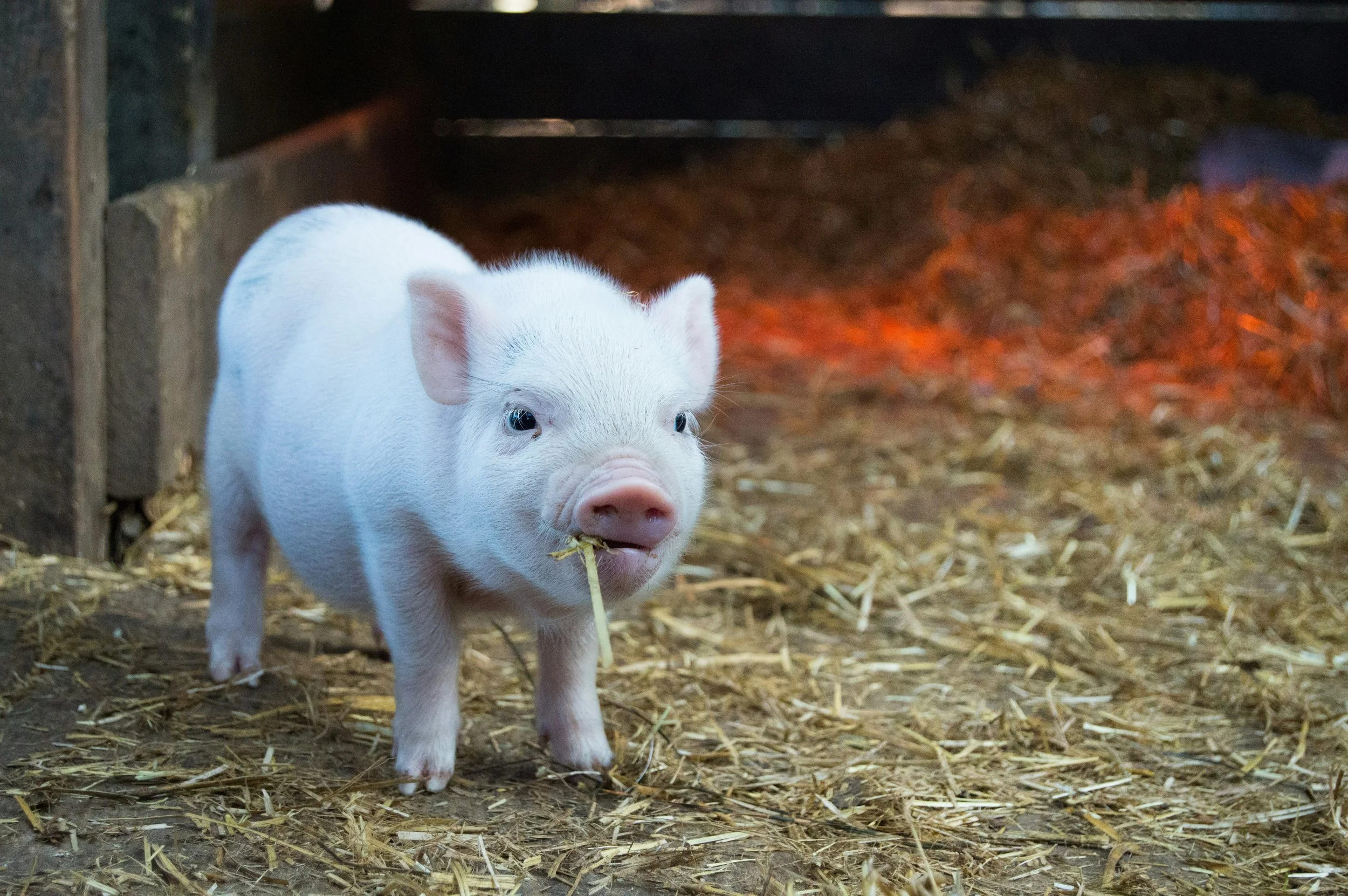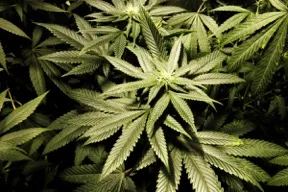There are currently two separate bills that have been proposed to Congress to address the issue of “soring” on Tennessee Walking Horses. The first proposed bill is aptly named Prevent All Soring Techniques (PAST) Act and it would be an amendment to the currently existing Horse Protection Act. The second proposed bill is the more subtly named Horse Protection Amendments Act (HPAA) of 2015. On the surface it would appear that both amendments would effectuate the same end goal, but I will discuss in the following paragraphs how the two bills differ in implementation.
Solar Power in the Bluegrass: A Step in the Right Direction
Green Energy, specifically solar energy, can be a controversial topic in Kentucky, a state which produces eight percent of the United States’ total coal. The coal industry in Kentucky, as recently as 2006, was responsible for nearly 528 million dollars in tax revenue. But due to high coal-related expenditures, the industry actually does not advance the economic policy or goals of the Commonwealth in a significant way, if at all. While Kentucky invests modestly in green energy, legislators push pro-coal legislation because of the overwhelming support of the industry by voters.
Vape Wars: The Deeming Rule and Chevron Deference
The Food and Drug Administration recently expanded its authority to regulate electronic cigarettes. In an attempt keep the e-cigarette and e-liquid industry relatively unregulated, three companies that make liquids for have recently filed a suit in the U.S. District Court for the Middle District of Alabama.
Self Bonding: Bane or Boon?
Coal companies are required to adhere to numerous regulations and requirements that make producing coal exceedingly expensive. For example, these companies are required under federal law to restore/reclaim mined land to an equal or better condition, including restoring the landscape and rivers to its original contours, as well as establishing permanent vegetative cover. Additionally, detailed reclamation plans must be approved by government officials before mining can even begin. Reclamation is strictly monitored by a wide variety of agencies including: the Environmental Protection Agency (EPA), the Department of Environmental Quality, the Office of Surface Mining, Game and Fish, and the Bureau of Land Management (BLM).
Wild Horses Find Resolve-Prisoners Find Rehabilitation
As a kid, I grew up trailing the Appalachian Mountains. My family’s roots, as many others do, run deep in the eastern Kentucky town of Phelps. But today, the mountains of Phelps are being trotted by a different set of… hooves. Dozens of wild horses now roam the mountains I once walked and sometimes these horses even find their way into residential neighborhoods. Little has been done to tame the horses or to guide them away from residential areas. Although majestic creatures, wild horses present some significant risks when they go completely unchecked and begin roaming the yards where children play, or sprinting across the highway traveled by those on their work commute. Perhaps examining another town in America, with a different, yet similar, situation, may give some ideas to policymakers, and comfort to my friends and family back home.
Kentucky's Small Land Owners May No Longer Be Able to Depend on a Tax Incentive They Once Relied On
A tax break which once benefited small land owners may be coming to an end. The tax break in question began in 1969. The purpose of the break was to provide assistance to farmers wishing to protect their farmlands from the danger of urban development. The initiative was backed by the Kentucky Farm Bureau, urging voters to “help preserve our open spaces and natural resources.” Initially, farmers had to provide proof that their lands housed crops or animals. Furthermore, if the farm owner later decided to develop their land, they faced tax penalties for receding the agreement. Yet, those requirements loosened in 1992 when the Kentucky General Assembly, again following the urging of the Kentucky Farm Bureau, passed HB 585.
Table Talk: Commissioner of Agriculture's New Hunger Initiative Transforms the Narrative on Food Insecurity
According to a Feeding America study, seventeen percent of residents—734,310 people, including 222,380 children—are food insecure in Kentucky. The United States Department of Agriculture defines an individual’s status as “food insecure” as lacking a sufficient amount of food to lead a healthy and active lifestyle. In a new initiative, Kentucky Commissioner of Agriculture Ryan Quarles has started a first-of-its-kind program that will seek to battle food insecurity by compiling a task force of diverse parties to study both the causes and possible solutions to the issue.
The High Risk of Going Green: The Ethical Dilemmas Attorneys Face Representing the Marijuana Industry
The marijuana industry is continuously growing in the US, and more than twenty states and the District of Columbia have legalized growing, processing, transporting, selling and/or using marijuana for medical purposes. Colorado and Washington have gone even further and legalized marijuana for recreational and personal use. As the demand continues to grow for legal services associated with the burgeoning marijuana industry, attorneys find themselves facing ethical dilemmas concerning their representation of the industry.
Racing From the Track to the Courtroom: Holy Lute Owner Sues Over Alleged Pre-Entry Mistake
Holy Lute, a gray thoroughbred trained by James Cassidy and owned by Class Racing Stable, has found himself in the middle of a heated contest. Only this contest is not taking place on the track, but rather in the courtroom.Class Racing Stable has filed a lawsuit against Breeders’ Cup Limited alleging negligence, negligent misrepresentation, and promissory estoppel stemming from a mistaken pre-race entry in the 2015 Breeders’ Cup races, which ran at Keeneland.














